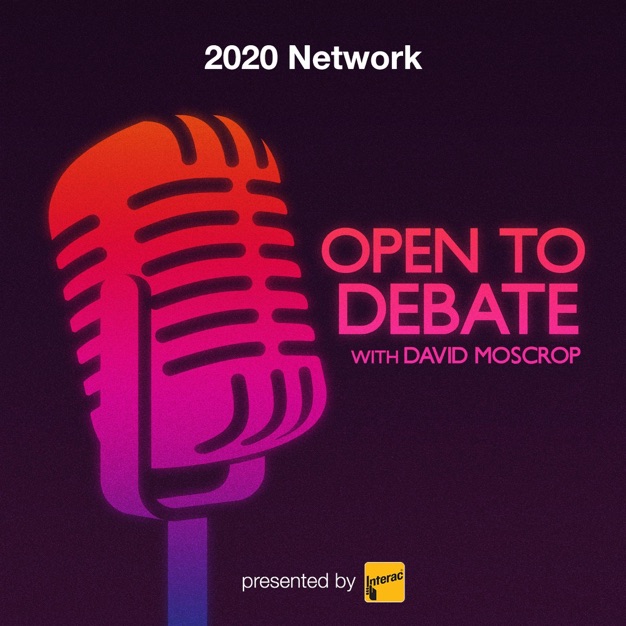
Open to Debate with David Moscrop
Canada 2020
Smart, witty, and thoughtful political conversations that break from the limits of the 24-hour news cycle and the 280 character limit. Listeners will come away with a deeper understanding of the history and implications of the issues that shape us and our environment, anchored in discussions about public policy, and supported by research. Open to Debate is a space for agreeable disagreement based on the belief that such exchanges are essential to the health of our democracy.
- 41 minutes 17 secondsWhere does toxic political polarization come from and what can we do about it?
Toxic political polarization is on the rise around the world – and it’s making a mess of things. Ordinary people who might otherwise disagree, even strongly, and yet get on with one another, are at each other’s throats over just about everything.
Too many political and economic elites reap short-term benefits from this divide, but the long term consequences for democracy – and society – are devastating. So, where does toxic political polarization come from and what can we do about it?
On this episode of Open to Debate, David Moscrop talks with Kurt Gray, University of North Carolina psychologist and neuroscientist and author of Outrage: Why We Fight About Morality and Politics and How to Find Common Ground.
This is the final episode of Open to Debate. We’re winding down after five years and 112 conversations. We’ve run our course. And we’ve run it well. Thanks so much for listening.
10 December 2024, 5:07 pm - 53 minutes 29 secondsWhat’s actually getting better?
Everybody loves a pentalogy. In March of 2020, host David Moscrop and guest Amanda Watson discussed how we were managing early pandemic life. In the months and years that followed, the two rejoined to talk about anxiety and late-pandemic life. Twice. In early 2024, they covered what the new year might have in store for us. Now, for a record-shattering fifth time on the pod, Watson is back to talk culture wars, elections, affordability, academia, censorship, and to ask: Is anything getting better?
This episode was recorded before the U.S election. Now, in the wake of Donald Trump’s victory and return to the White House, the themes we discuss are, alas, even more relevant – and reason for grim concern.
On this episode of Open to Debate, David Moscrop talks once more again with Amanda Watson, feminist theorist, Assistant Professor at Simon Fraser University and author of The Juggling Mother: Coming Undone in the Age of Anxiety.
12 November 2024, 5:19 pm - 52 minutes 31 secondsHow did women’s hockey become so popular?
Women’s hockey has surged in popularity in recent years. That growth has been a long time coming. The history of the women’s game stretches back more than one hundred years, and includes the rise and fall of teams, leagues, and legends.
With the arrival of the Professional Women’s Hockey League, however, the game has entered a new era, and is set to be bigger than ever before. So, how did women’s hockey become so popular?
On this episode of Open to Debate, David Moscrop talks once more again with Ian Kennedy, women’s hockey writer for the Hockey News and author of Ice in Their Veins: Women’s Relentless Pursuit of the Puck.
28 October 2024, 4:00 am - 38 minutes 58 secondsIs there a better way to do democracy?
Democratic life is increasingly marked by toxic polarisation and partisan hostility. Public institutions are overrun by the few, leaving the many on the sidelines. Many of us are left to assume there’s only one way to self-govern, to let others do it; or else we are so turned off by what we see that we want nothing to do with politics.
But what if things didn’t have to be this way? What if there were some hope that we could do better? What if there were a better way to do democracy? Well, is there?
On this episode of Open to Debate, David Moscrop talks with Diana Smith, an author with a career that has included community organizing, journalism, consulting and more. Her latest book is Remaking the Space Between Us: How Citizens Can Work Together To Build A Better Future For All.
1 October 2024, 4:00 am - 44 minutes 5 secondsHow do non-profit organizations work – or not?
The non-profit sector is massive. According to Statistics Canada, in 2022 the non-profit sector accounted for over 8 percent of GDP – contributing more than $216 billion to the economy.
Non-profits operate in many spaces, but are essential parts of the healthcare, housing, and education systems. Non-profits exist to serve communities and fill essential functions not covered, or only partially covered, by the state or private market; they’re also sometimes in competition with other sectors, or at least in tension with them, and with one another.
It’s complicated stuff. And when you add changing technologies, trends, economic conditions, and domestic and geopolitical considerations, making a non-profit work is even trickier. So how do non-profit organizations work – or not?
On this episode of Open to Debate, David Moscrop talks with Brooke Struck, strategy facilitator and the founder and CEO of the firm Converge.
17 September 2024, 4:00 am - 44 minutes 4 secondsIs Canada ready to get serious about tackling monopolies and oligopolies? A conversation with Denise Hearn
Is Canada ready to get serious about tackling monopolies and oligopolies?
You’ve heard it before, the old joke that Canada is three telecom companies in a trench coat. Or airlines. Or grocery stores. You’ve probably heard it here before. That’s because Canada has a monopoly and oligopoly problem – and it has for a long time.
The United States has long faced its own challenges with market concentration — and for or once, Canada might not be too far behind.
To understand the state and future of competition in this country, we ask: Is Canada ready to get serious about tackling monopolies and oligopolies?
On this episode of Open to Debate, David Moscrop talks with Denise Hearn, writer, applied researcher, and c0-author of the upcoming book The Big Fix, which is out this October.
23 July 2024, 3:53 pm - 48 minutes 2 secondsIn conversation with Seamus O'Regan: What does an anti-scab worker bill tell us about the state of labour in Canada?
Canada has passed a law preventing federally-regulated businesses from using scab workers. Bill C-58 passed in June and marked a significant milestone in the progress of worker’s rights. That it passed is notable; that it passed unanimously in an era of increasingly toxic polarization is quite remarkable, and speaks to the moment that labour is having in this country.
To understand the government’s thinking on the law and the broader context in which it passed, we talk to the man in charge of the legislation and ask: What does an anti-scab worker bill tell us about the state of labour in Canada?
On this episode of Open to Debate, David Moscrop talks with Seamus O’Regan, Canada’s Minister of Labour and Seniors.
9 July 2024, 7:23 pm - 42 minutes 42 secondsAre universities ready to modernize?
Universities are medieval, risk averse institutions. Some like to think of them as bastions of radicalism, but they’re actually quite conservative by nature – and in desperate need of modernization, a process of technological development that would serve students, faculty, and administrators alike.
If there was ever any doubt about the need for post secondary institutions to up their tech game, the pandemic swept it away. So, are universities ready to modernize?
On this episode of Open to Debate, David Moscrop talks with Scott Murray, senior manager, transformation architecture, at EY.
28 May 2024, 4:00 am - 45 minutes 56 secondsWhat are the hidden costs of climate change?
This week, we have good news and bad news. The bad news, you know already. Climate change is catching up to us. We’re feeling its effects and they stand to get worse. We’re not doing enough, and what we are doing, we’re not doing as quickly as we ought to. Moreover, the hidden costs of climate change are also adding up.
The good news? We are making progress in the fight against climate change and we still have time to address the worst of what’s coming – to mitigate, adapt, and secure a better future for billions upon billions of people.
But first, we need to understand the full scope and depth of the primary and secondary effects of climate change. To that end, this week we ask: What are the hidden costs of climate change?
On this episode of Open to Debate, David Moscrop talks with R. Jisung Park, an environmental and labor economist at the University of Pennsylvania and the author of Slow Burn: The Hidden Costs of a Warming World.
14 May 2024, 4:00 am - 43 minutes 26 secondsWhat is AI and is Canada ready for it?
Artificial intelligence means different things to different people. As an amorphous set of technologies deployed in countless applications, AI is tricky to understand, regulate, and integrate into our social and economic lives.
This is especially true when conversations about it, even among experts, may be premised on misunderstandings – or multiple understandings – of the thing itself.
And yet, AI, broadly understood, is already shaping how we do business, how and whether we employ people, how we communicate, and plenty more. In short, it’s kind of a big deal and we need to sort out how we want it to fit into our society and our lives.
So, what is AI and is Canada ready for it?
On this episode of Open to Debate, David Moscrop talks with Murad Hemmadi, a journalist with the Logic and the co-author of Superintelligence: Is Canada Ready for AI?
7 May 2024, 4:28 pm - 52 minutes 13 secondsWhat is Kenneyism and why should we care?
A few weeks back, we spoke with Tiffany Balducci about the Alberta NDP leadership race. This week, we’re keeping on theme, but instead of looking ahead, we’re looking back.
You may have forgotten Jason Kenney. After his dismal leadership review, the Harper-era Cabinet minister resigned as premier of Alberta and left politics. But Kenney’s legacy continues to shape the country. A new book assesses his career, its effects, and the state of the right in Canada.
So, what is Kenneyism and why should we care?
On this episode of Open to Debate, David Moscrop talks with Jeremy Appel, an Alberta-based journalist and author of Kenneyism: Jason Kenney’s Pursuit of Power.
23 April 2024, 4:00 am - More Episodes? Get the App
Your feedback is valuable to us. Should you encounter any bugs, glitches, lack of functionality or other problems, please email us on [email protected] or join Moon.FM Telegram Group where you can talk directly to the dev team who are happy to answer any queries.
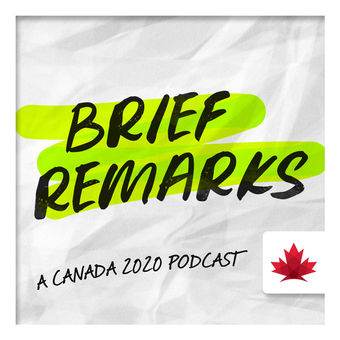 Brief Remarks
Brief Remarks
 Uncover
Uncover
 Explain Like I'm Five
Explain Like I'm Five
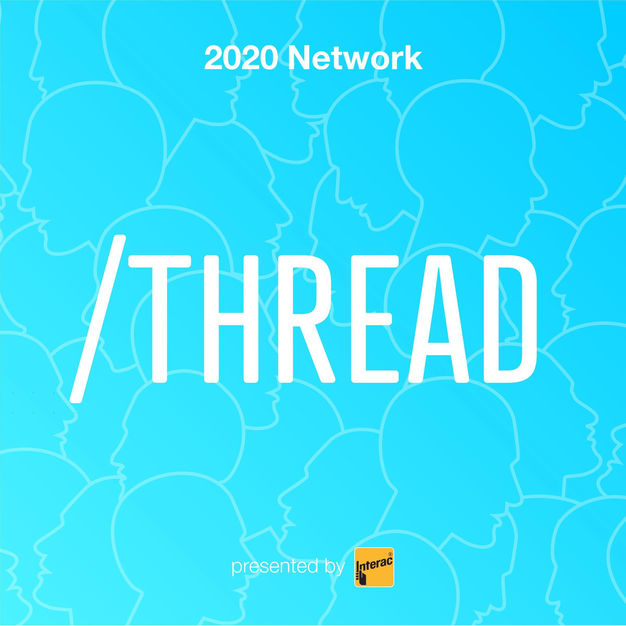 /Thread
/Thread
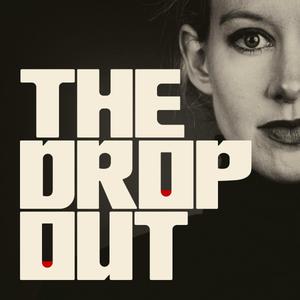 The Dropout
The Dropout
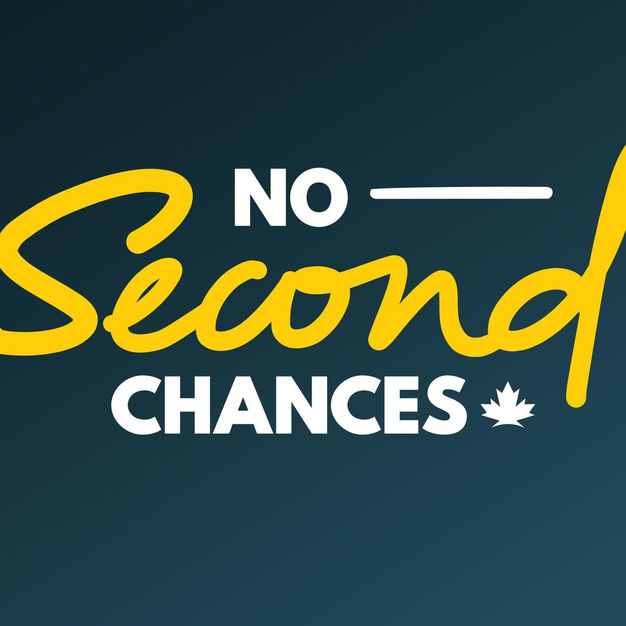 No Second Chances
No Second Chances